It’s been nearly 70 years since Billie Holiday sang “Strange Fruit,” her poignant, heartbreaking song about Black people being lynched across the South. Seven decades later, the noose, that weapon of hate used to lynch thousands of Black people in the United States, keeps being strung up.
“Recently, I was very saddened by an incident that happened in my son’s front yard. My granddaughter went outside and saw this noose,” says Van Gilmer, a Baha’i from Chicago, in a video clip from the “Race Unity Project.”
Produced by Journalism for Change, Inc, a nonprofit media organization founded by filmmaker and human rights activist Maziar Bahari, the project shares “the century-long story of the American Baha’i community and its efforts — as well as its tests and challenges — in promoting race unity.” Videos from “The Race Unity Project” include candid conversations about everything from embracing diversity through community service, to how the Baha’i writings combat racism.
In the video above, Van shares the details of this horrific incident with the noose at his son’s home, and he explains why some people are shocked that in the 21st century, nooses are still being used against Black people as a tool of racial intimidation and harassment.
“We’ve begun to think that everything is fine, that over all these years that we’ve been learning to be able to accept one another, things are so much better. And often we don’t know that there [are] still people who have hatred in their hearts,” Van says. He also shares how the Baha’i community centers the Baha’i principle of the oneness of humanity and puts that fundamental truth into action.
RELATED: How a Baha’i Advocate for Justice Showed Us the Path to Race Unity
Indeed, in “The Promise of World Peace,” a statement about peace released in 1985, the Universal House of Justice, the global governing body of the Baha’i Faith, explained the damage racism does:
Racism, one of the most baneful and persistent evils, is a major barrier to peace. Its practice perpetrates too outrageous a violation of the dignity of human beings to be countenanced under any pretext. Racism retards the unfoldment of the boundless potentialities of its victims, corrupts its perpetrators, and blights human progress. Recognition of the oneness of mankind, implemented by appropriate legal measures, must be universally upheld if this problem is to be overcome.
Van says, “We have a long way to go. We’ll just work hard at trying to figure out what it is we can do to not let things like this happen again.”
Radiance Talley serves as the director of operations at BahaiTeachings.org, where she integrates her expertise in SEO, journalism, design, and publishing into every aspect of her work. She has edited and written hundreds of articles for BahaiTeachings.org and has also written and optimized articles for...
READ MORE

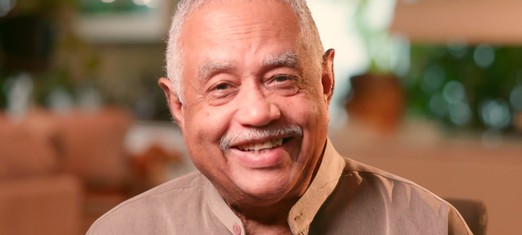

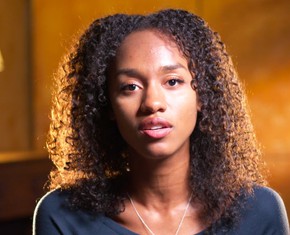
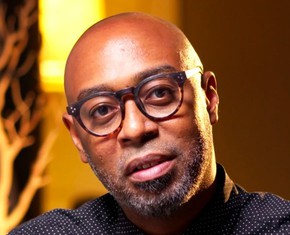
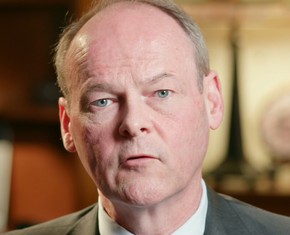
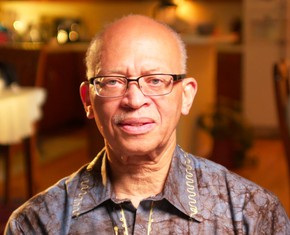









Comments
Sign in or create an account
Continue with Googleor